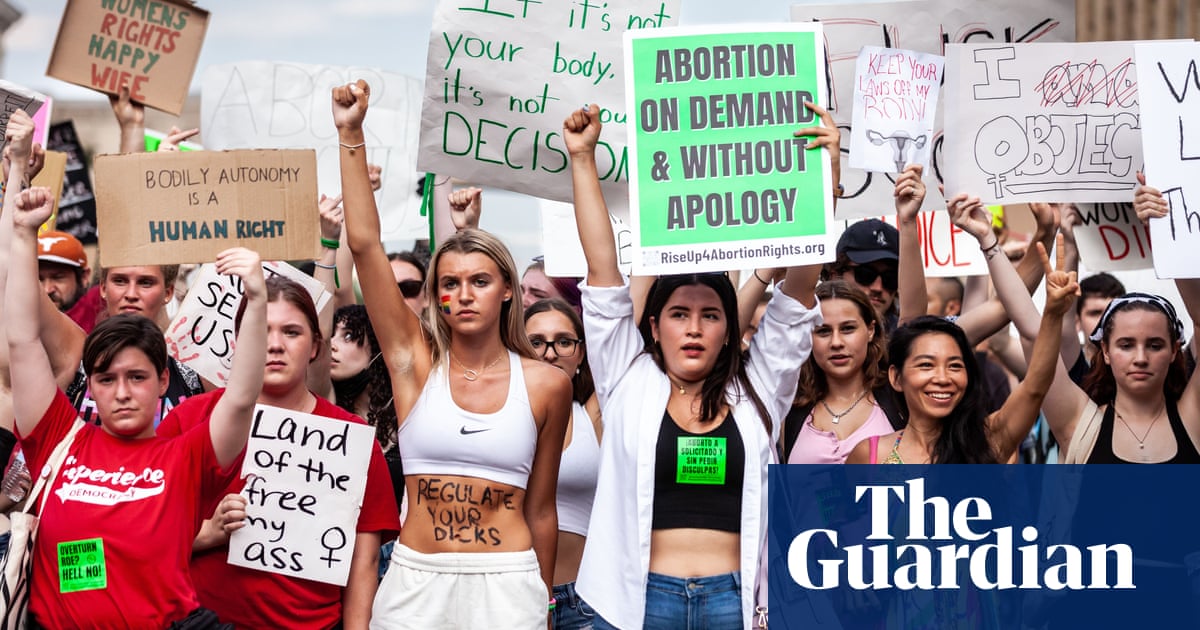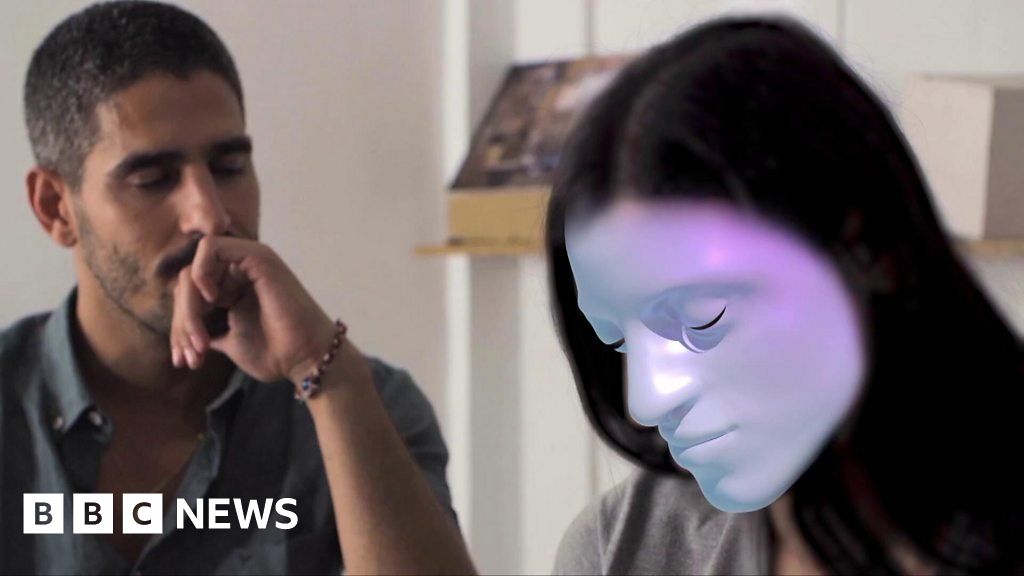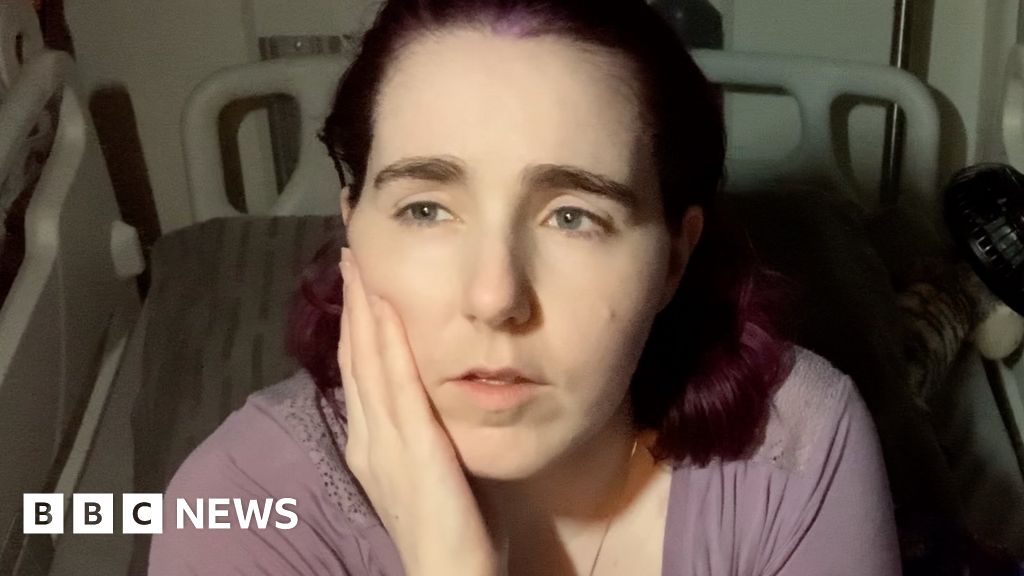- Wheelie's Newsletter
- Posts
- WheelieQueer
WheelieQueer
Breaking down barriers for Deaf and Disabled People
Hello. With summer officially here, in this first summer edition of the WheelieQueer Newsletter, we talk about the demonstrations planned for the one-year anniversary of the overturning of Roe v Wade, highlight the win for transgender rights in Hong Kong and discuss the long waiting times of patients stuck in English hospitals after being told they were okay to go home.

Colin Lloyd. Unsplash.
THIS MONTH'S NEWS
On Human Rights Issues
USA: Protests planned to mark one year without Roe
A year after Roe v Wade was overturned by the US Supreme Court, reproductive rights advocates around the US are planning demonstrations to mark the anniversary of the ruling that removed the protection of the right to abortion, set by Roe v Wade.
Events, marches and actions are planned across the US including, New York, and Washington. In states, where abortion has been banned since the ruling, events are partly being held virtually.
“Since the Dobbs v Jackson Women’s Health Organization decision a year ago, more than a dozen states have passed bans banning abortion outright and many others have passed legislation to restrict abortion access. States like Georgia have banned abortion after six weeks of pregnancy, a period of time so short that most people don’t yet know they are pregnant. Even more states gearing up to further legislate pregnant bodies.”
Since the loss of the federal right to abortion, “a radical shift in everything from how doctors are being trained in reproductive care to the lengths that patients in need of care have to go, simply due to where they live, to how much money municipalities and governments need for reproductive health services,” has been seen.
Since the ruling, access to medication abortion and even birth control has become increasingly difficult and complex.
“An already bad situation has gotten worse,” Kelly Baden, a public policy expert at the Guttmacher Institute, said. “Accessing abortion in a state like Louisiana was already hard before the Dobbs decision. But now, abortion is banned in Louisiana and every state that touches its borders. That means having to cross one, two, three, four borders before accessing abortion safely for people from that state.”
But there are plenty of advocates, that are not tiring to fight. Women’s March has put together an interactive map that allows supporters of reproductive rights to find demonstrations in their area and around the US.
Alexis McGill Johnson, president and CEO of Planned Parenthood Action Fund was quoted saying, “[they said it] would break us, [but] it has also made the supporters of abortion rights – the majority in this country – more committed than ever before to building a better future”.
Important read:
Mali referendum: voters approve changes to constitution
A majority of voters in the West African state of Mali have voted for the proposed changes to their constitution in the recent referendum, with 97% of those who cast their vote approving the new constitution according to Mali’s electoral authority. (Voter turnout, however, was only 39,4%.)
Two years after the youngest military coup, the referendum is set to bring a democratic transitioning period to civilian leadership, with elections to be held in February 2024.
Observers have expressed concerns regarding the referendum, reporting irregularities, while voters were unable to even vote in, 1121 of the 24.416 polling sites.
Opponents say that the proposed changes in the referendum will expand and strengthen the role of the president and the military in the country. Other changes include making French the working language, as well as the introduction of a senate and a court of auditors.
India: Boom in senior living
India recently overtook China as the world’s most populous country, but at the same time, it has been reported that India’s older population “is on the rise” and fertility rates declining, in 2050 every 5th Indian is predicted to be above the age of 60.
With an ageing society, there is “a growing trend of wealthier Indians who are moving into senior home complexes and gated communities catering exclusively to India's burgeoning market for seniors. Properties include retirement retreats, assisted living homes, convalescent centres, senior living homes and hospice homes”.
Rajesh Subramanian, a senior citizen from Bengaluru, tells the DW: “Many senior citizens are living on their own away from their children because they value their own independence. Also, they do not want to burden their children who are pursuing careers in cities and countries away from that of their parents”.
But retirement homes are a luxury, one that not all Indian senior citizens can and will be able to afford, with a huge portion of the ageing population depending or at least partially depending on others for their livelihood.
Important Read:
On LGBTQ+ Rights Issues
Kerala: Transgender couple’s baby born
In the southern Indian state of Kerala, a transgender couple’s baby was born earlier this year, after the couple’s pregnancy photos made news around the globe.
Both parents had been undergoing hormone therapy before deciding to become parents and stopped the treatment during the pregnancy. According to the BBC, they are the first in India to call themselves the biological parents of their baby within the transgender community. The news was met with well-wishes and congratulations throughout social media.
The baby, whose name and gender have not been revealed, was born a month early. Meanwhile, Health Minister Veena Geroge, who also congratulated the couple offered the help of the Health Department and directed MCH authorities to give free treatment to the couple and support from the Breast Milk Bank.
Egypt: LGBTQ+ members hunted by gangs and police
A BBC investigation has shown how in Egypt, members of the LGBTQ+ community are being exploited, robbed and filmed after being found through dating apps online.
The videos are often sent to the families and friends of the victims. Showing them in degrading poses, naked or dancing. Egyptian law does currently not out rule homosexuality, but under the “crime of debauchery” members of the LGBTQ+ community are still being prosecuted. Homophobic slurs and videos on the other hand, as seen in those posted by the gangs themselves, go unpunished in Egypt.
The gangs target the most vulnerable for the sole reason to earn easy cash, one victim tells the BBC.
Important watch:
Win for transgender men in Hong Kong court case
Earlier this year, a top court in the Chinese territory of Hong Kong ruled that full sex reassignment surgery should not be a requirement for transgender people, who wish to have their genders changed on their official identity cards.
“A transgender activist, Henry Edward Tse, and a person identified only as Q appealed to the court last month over the government’s refusal to change the genders on their ID cards because of their decision not to have full sex reassignment surgeries.”
The judgment is expected to have a wide impact on the local LGBTQ+ community, as many members consider having surgery “unnecessary and risky”.
After the case was initially dismissed by the Court of First Instance and the Court of Appeal, the recent judgment declared that: “the government’s policy was unconstitutional and imposed an “unacceptably harsh burden.” They also said that the policy was “disproportionate” in its encroachment upon the rights of the two to gender identity and physical integrity.”
Liam Mak, co-founder and chairperson of a local transgender youth organization, told NBC News after the ruling: “We believe that the gender identity of oneself should not be tied to medical intervention, we should ensure minimal to no medical intervention in the policy,” Mak said. “Given that every individual has different preferences or decisions in their own gender transition journey, I hope that the government will be referencing the advice from the court to protect the right of all transgender people.”
On Disability Rights Issues
York: Blue Badge Ban
In 2021 a permanent ban on disabled parking in pedestrianised areas was introduced in the York city centre. The parking ban was implemented after the council installed anti-terror measures to prevent “hostile vehicle attacks”.
Since its introduction, “Councillors previously said they had approved a series of mitigation measures, including dropped kerbs, the employment of an access officer and a feasibility study into an accessible shuttle service”, however, the ban is still in place today.
Recently, Dame Judie Dench has voiced her support, for the parking ban to be lifted.
“Marilyn Crawshaw, from the group Reverse The Ban, said Dame Judi's support was ‘a great boost’,” the BBC reports, and that “the group was ‘absolutely delighted’ to have received a message from the James Bond star, who was born in the Heworth area of York”.
Meanwhile,research by post-graduate students from the University of York has taken place, looking “into ways how the counter-terror measures could be reconciled with meeting the rights of disabled people”.
Terminally ill NHS patient stuck in hospital
The BBC reports that there has been a 16% rise over the past year in the number of NHS patients in England who are still in hospital despite being declared fit enough to go home or could have further treatment from home.
Charlotte Mills-Murray, one of such patients, was excited to hear that she was allowed to return home. The 34-year-old lives with intestinal failure caused by a severe form of Ehlers-Danlos syndrome and has only months to live.
Charlotte was admitted into St James’s Hospital in Leeds in June 2022, “by November, Charlotte was told she was well enough to be cared for at home, but […] remains in hospital following delays in the hiring and training of staff able to support her. With limited access to a hoist which would enable her to use her wheelchair, Charlotte said she had spent 10 months ‘stuck in bed’.”
It was further reported that the delay in discharged was showing through the waiting lists and queues at A&E with ambulances, and patients not being able to get the operations they want.
Meanwhile, the Department of Health and Social Care has said that it was “fully committed to speeding up the safe discharge of patients who no longer need to be in hospital”.
Important Read:
What’s Next
We hope you enjoyed this month’s newsletter!
We’ll be back in two weeks with our monthly PIP/Disability News Newsletter.
In this month’s edition we’ll be answering more of your questions, and inform you about this month’s updates on UK disability news, as well as upcoming events and workshops.
So if you have any questions or suggestions for any of our upcoming newsletters or the work we do, you can find our socials and how to get in contact with us in the details below.
Best,
The WheelieQueer Team

WHEELIEQUEER
Breaking down barriers for Deaf and Disabled People
Want to get in contact with us? Message us here
Want more information on what we do? Find us here
Have a question for Jasper? Send it in here



